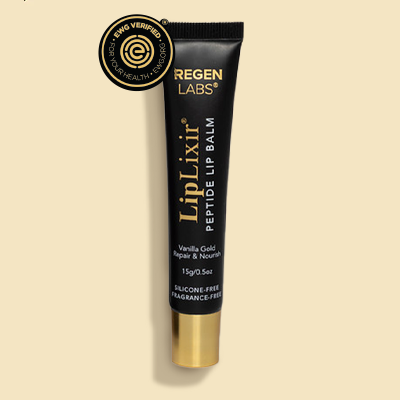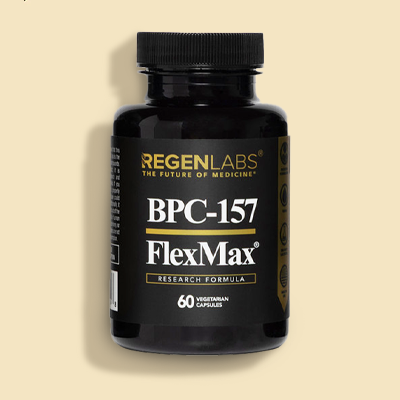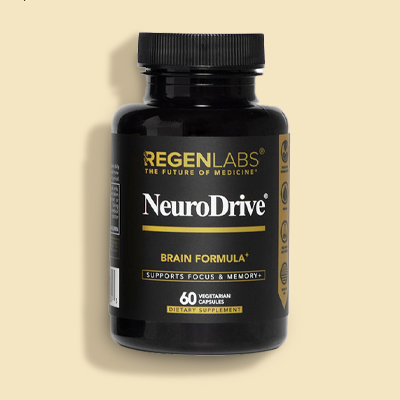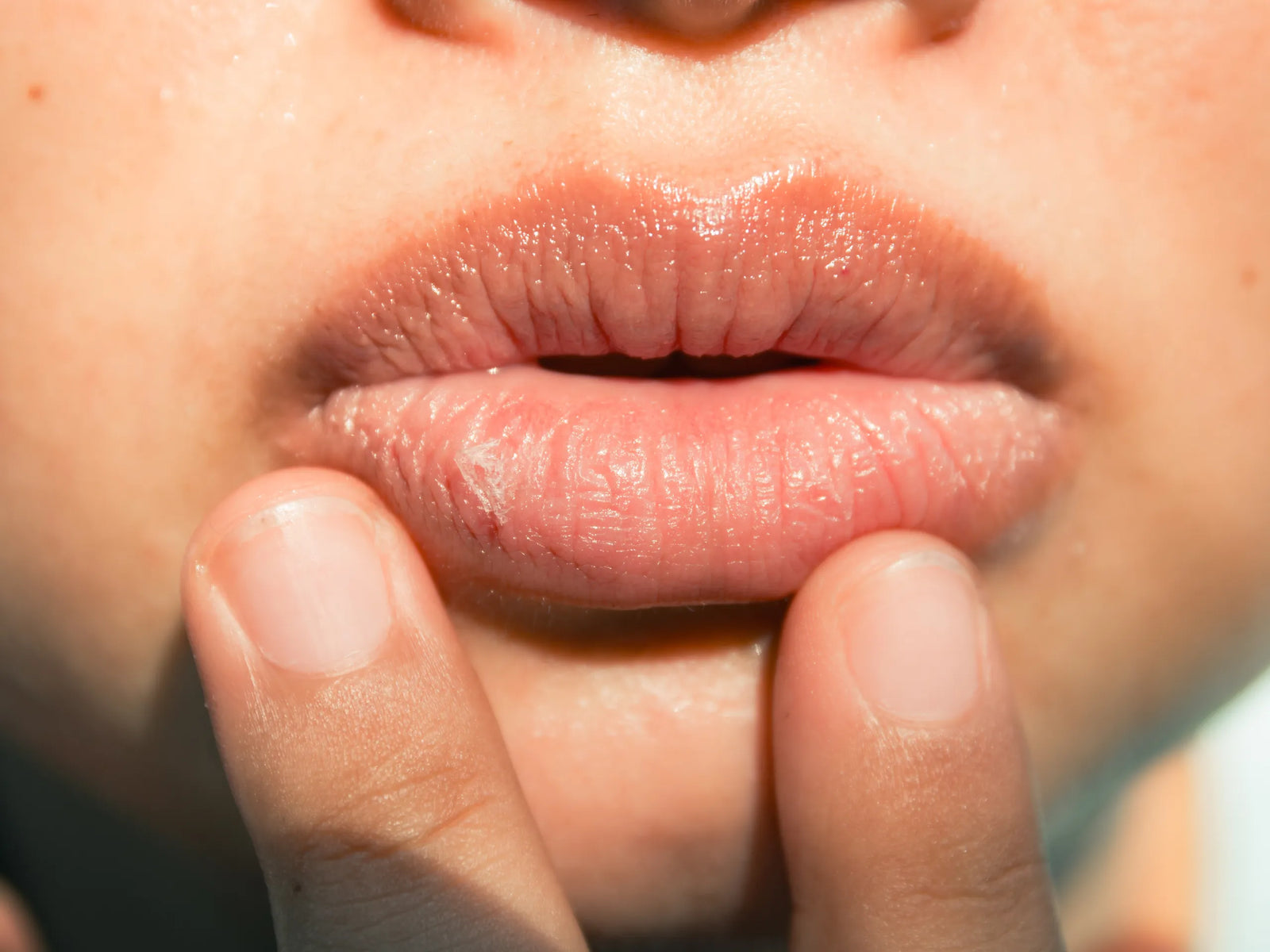We all know that chronic stress isn’t great for your mental health—but what many people overlook is how directly stress affects your skin. From accelerated aging and dullness to inflammation and breakouts, stress-induced skin problems are rooted in one major culprit: cortisol, the body’s primary stress hormone.
In this article, we’ll explore how elevated cortisol disrupts skin health, why stress ages you faster than you think, and how to protect your skin’s resilience with targeted lifestyle shifts and advanced skincare support.
How Cortisol Affects Your Skin
Cortisol plays a helpful role in acute stress situations—helping you stay alert and responsive. But when stress becomes chronic, high cortisol levels begin to interfere with the body’s natural rhythms, including those that regulate your skin barrier, collagen production, and inflammatory response.
-
Collagen breakdown: Chronic stress accelerates collagen degradation, leading to early wrinkles, loss of firmness, and sagging skin.
-
Barrier dysfunction: Cortisol weakens the skin barrier by disrupting lipid production, which contributes to increased transepidermal water loss and dryness.
-
Inflammation and breakouts: High cortisol levels increase the likelihood of inflammatory skin conditions such as eczema, acne, and psoriasis.
Stress doesn't just show up on your face—it actively reshapes your skin’s internal structure.
Why Stress Accelerates Visible Aging
One of the most visible effects of long-term stress is its contribution to premature aging. Elevated cortisol impacts the dermal matrix—the inner framework that keeps your skin firm and plump—by increasing enzymes known as MMPs (matrix metalloproteinases), which break down collagen and elastin. This leads to the visible signs of stress-induced aging: fine lines, deeper wrinkles, and uneven skin tone.
Recent research has confirmed that psychological stress can reduce skin elasticity and delay barrier repair, making skin look and feel older.
How Stress Weakens the Skin Barrier
Beyond surface-level aging, chronic stress also impairs your skin’s ability to protect itself. A weakened barrier is more prone to irritation, dehydration, and environmental damage. Studies show that high cortisol can directly disrupt ceramide synthesis, resulting in dry, flaky skin and increased sensitivity.
This explains why flare-ups of common skin conditions often coincide with emotionally taxing periods. The skin isn’t just reflecting stress—it’s reacting to it on a cellular level.
The Gut-Skin-Stress Axis
There’s also a growing body of evidence connecting gut health and stress to the condition of your skin. The gut-skin axis suggests that stress alters gut microbiota, increases intestinal permeability (aka "leaky gut"), and subsequently inflames the skin.
How to Protect Your Skin From Stress-Related Damage
While we can’t eliminate all stressors from modern life, we can take action to buffer their effects on our skin. Here’s what works:
-
Manage cortisol levels naturally: Practices like meditation, breathwork, and consistent physical activity help downregulate the stress response.
-
Support your skin barrier: Use skincare products that contain ceramides and niacinamide to fortify the outer layer and reduce inflammation.
-
Use products like Liquid Facelift by Regen Labs: This science-backed formula helps protect your skin from the visible signs of aging by targeting the root causes— inflammation and cellular breakdown. With clinically studied ingredients, Liquid Facelift promotes skin elasticity, lessens the appearance of fine lines and wrinkles, and supports your body’s natural collagen production. It works from the inside out to preserve youthful, healthy skin.
Long-Term Strategies for Skin Resilience
Building long-term skin resilience means addressing internal and external stressors simultaneously. In addition to skincare, consider adaptogenic herbs, stress-modulating peptides, and antioxidant-rich nutrition to help mitigate stress-induced inflammation at the root.
And when it comes to environmental stress, UV exposure remains the biggest culprit in premature aging. Topical antioxidants like vitamin C can significantly offset the cumulative impact of oxidative stress on skin cells.
Final Thoughts
The relationship between stress, cortisol, and your skin is more than skin-deep—it’s biological, hormonal, and often invisible until signs begin to show. By understanding how cortisol accelerates aging and barrier dysfunction, you can proactively build a skincare and supplement regimen that targets the problem from the inside out.
Looking to smooth fine lines and restore youthful radiance? Liquid Facelift by Regen Labs is a powerful anti-aging face cream designed to firm, hydrate, and rejuvenate your skin. It helps reduce the appearance of wrinkles, boosts collagen production, and supports long-term skin elasticity—promoting a visibly lifted, more youthful complexion.











